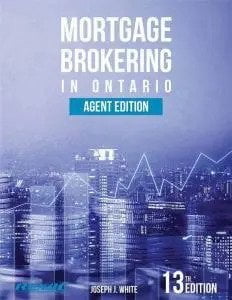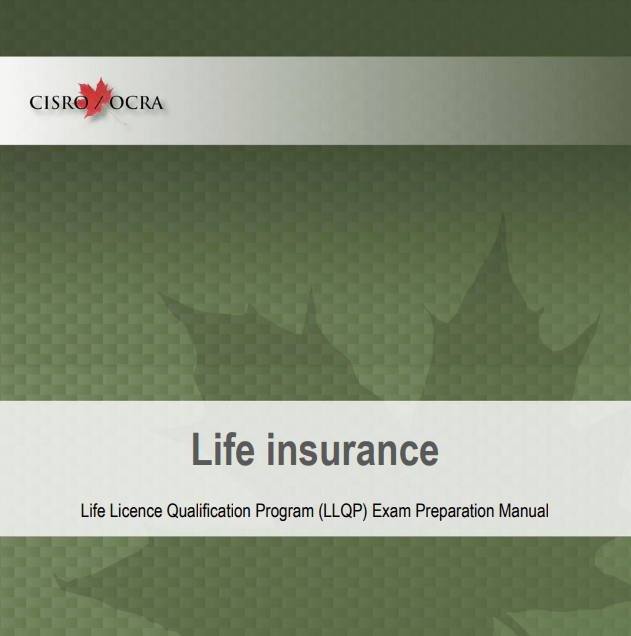Mortgage Brokers License
How to get licensed in Ontario – 5 Steps
I’m glad you’re interested in getting a mortgage brokers license. It is a wonderful industry with literally unlimited income potential. In Ontario there is a straightforward five step process to get your mortgage agent license (when you first start in the industry it’s called a mortgage agent license – once you’ve been a licensed mortgage agent (levels 1 and 2) for at least two years and you complete the broker educational course you can apply to change your license to a mortgage brokers license). I’m going to list the steps and then explain them in detail.


Pass the Financial Services Authority of Ontario (FSRA – formerly FSCO)

Get hired by a FSRA (formerly FSCO)
Licensed mortgage brokerage (REMIC offers free job placement assistance for those who need it)
Get Licensed
The FSRA (formerly FSCO) licensed mortgage brokerage applies to FSRA for your license and get licensed as a mortgage agent level 1. We’ll discuss the licensing requirements below.
Upgrade your license
Upgrade your license to a mortgage agent level 2 after being licensed as a mortgage agent level 1 for at least one year, discussed below.
Upgrade to mortgage broker license
Upgrade to mortgage broker license after you’ve been a licensed agent for two years and meet the broker educational requirements.
Detailed Steps to get your Mortgage Brokers License
1. Pass the FSRA approved mortgage agent course for licensing:
There are four mortgage agent course providers in Ontario (this is the first step to get a mortgage brokers license): REMIC, Humber College (uses the REMIC textbook), CMBA (formerly IMBA) and MPC (formerly CAAMP, CIMBL, the two trade associations). Out of these four REMIC teaches and has more students licensed by FSRA than all other providers combined. You can view a comparison of the providers here, at compareeducation.org
The course ranges in price and duration, depending on the provider. REMIC offers the least expensive (from $338 to $385 all in) and quickest way (online or in class in as little as one week) to complete the mortgage agent course. You can view the course options here
2. Get hired by a FSRA licensed mortgage brokerage:
This is a fairly easy, but very important step. There are many brokerages that are hiring both full and part time mortgage agents, and offer everything from web sites to full training and ongoing support. You need to be aware that there are different standards of training and support. In other words, while a brokerage says it offers great training, it may not be as great as you want it to be. So what can you do?
In the REMIC course there is a section that discusses how to choose the right brokerage. It includes a list of questions that you need to ask to ensure you’re getting hired by a brokerage that you will enjoy working for. Choosing a great brokerage is definitely an important step in the process to getting your mortgage brokers license.
In addition REMIC is the only educational provider that offers a free job placement assistance program. This program will help you choose a brokerage that you feel is right for you. These are only two reasons to choose REMIC for your mortgage broker career. Click here to read them all.
3. Get licensed. The FSRA (formerly FSCO) licensed mortgage brokerage applies to FSRA (formerly FSCO) for your mortgage agent license:
According to FSRA (formerly FSCO), to be eligible for licensing you must meet these minimum requirements:
- Be at least 18 years old
- Be a resident of Canada
- Have a mailing address in Ontario that is not a post office box and that is suitable to permit services by registered mail
- Be authorized by a brokerage to deal or trade in mortgages on its behalf (this means that you need to be hired by a brokerage before you can get your license)
- Have successfully completed an approved education program for mortgage agents within two years before he or she applies for the license (this means the REMIC course is valid for two years from the time you pass it; you need to get your license within those two years)
You will then have to pay for your license to FSRA (formerly FSCO). Here is a breakdown of the costs to FSRA (formerly FSCO) to begin your mortgage career:
- Licenses come up for renewal every year (previously every two years), with the next renewal on April 1st. To renew, the fee is $841. To apply for a new license the fee is $941 for a full year, prorated if applying after April 1st, like this: $100 + (# of months to March 31, 2023 x $70.08).
- For example, if you applied for a license on April 1, 2023 then you would pay an application fee of $100 plus $841 (12 months to April 1, 2024 x $70.08) = $100 + $841 = $941. If you were already a mortgage agent you wouldn’t have to pay the application fee, so renewing the license would cost $841. FSRA, https://www.fsrao.ca/sites/default/files/2019-06/fee-rule-2019-001-en.pdf
Typically the only additional cost you’ll need to pay is your portion of your brokerage’s errors and omissions insurance (referred to as E & O). The brokerage will have a master E & O policy that you will be covered under. To help pay for that policy the brokerage typically charges every agent and broker to be covered under their policy. This can cost a few hundred dollars per year.
Be aware that some brokerages will also have additional fees. These may include registration fees, training fees, marketing fees and so on. It’s important to interview with several mortgage brokerages and choose the one that you feel is best suited for what you need and the level of support you need in your new career. Using our list of questions to ask when being interviewed by a brokerage will definitely help you understand the differences in brokerages.
4. Pass the Private Mortgage Course
Once you’ve been a licensed mortgage agent level 1 for at least one year and you pass the private mortgage course (this course allows you to broker mortgages with lenders other than financial institutions), you can upgrade your license to a mortgage agent level 2. From there you can move to step 5
5. Upgrade to mortgage broker license
Once you’ve been a licensed mortgage agent, level 2 for at least two years and have completed the mortgage broker course, you can apply to change your license to a broker. The main difference between an agent and broker license is that a broker can supervise mortgage agents and be the Principal Broker (similar to chief compliance officer) of a mortgage brokerage.
In Summary
In total your new career should cost you approximately $1,600 to $2,000 to get started when you add up the costs involved. For example if you were to get a mortgage agent license on April 1st, 2020, the costs would be approximately $1,539, depending on the cost of the course you take and the cost of the E & O.
- Education: $338
- Mortgage agent level 1 licensing: $941 ($841 plus $100 application fee)
- E & O: $300
Your income potential is unlimited, making this a fantastic investment.
When you’re ready to become a licensed mortgage agent and get your mortgage broker’s license, REMIC will be here to help. Once you’ve passed the course REMIC will be here to get you started in this exciting new career.







